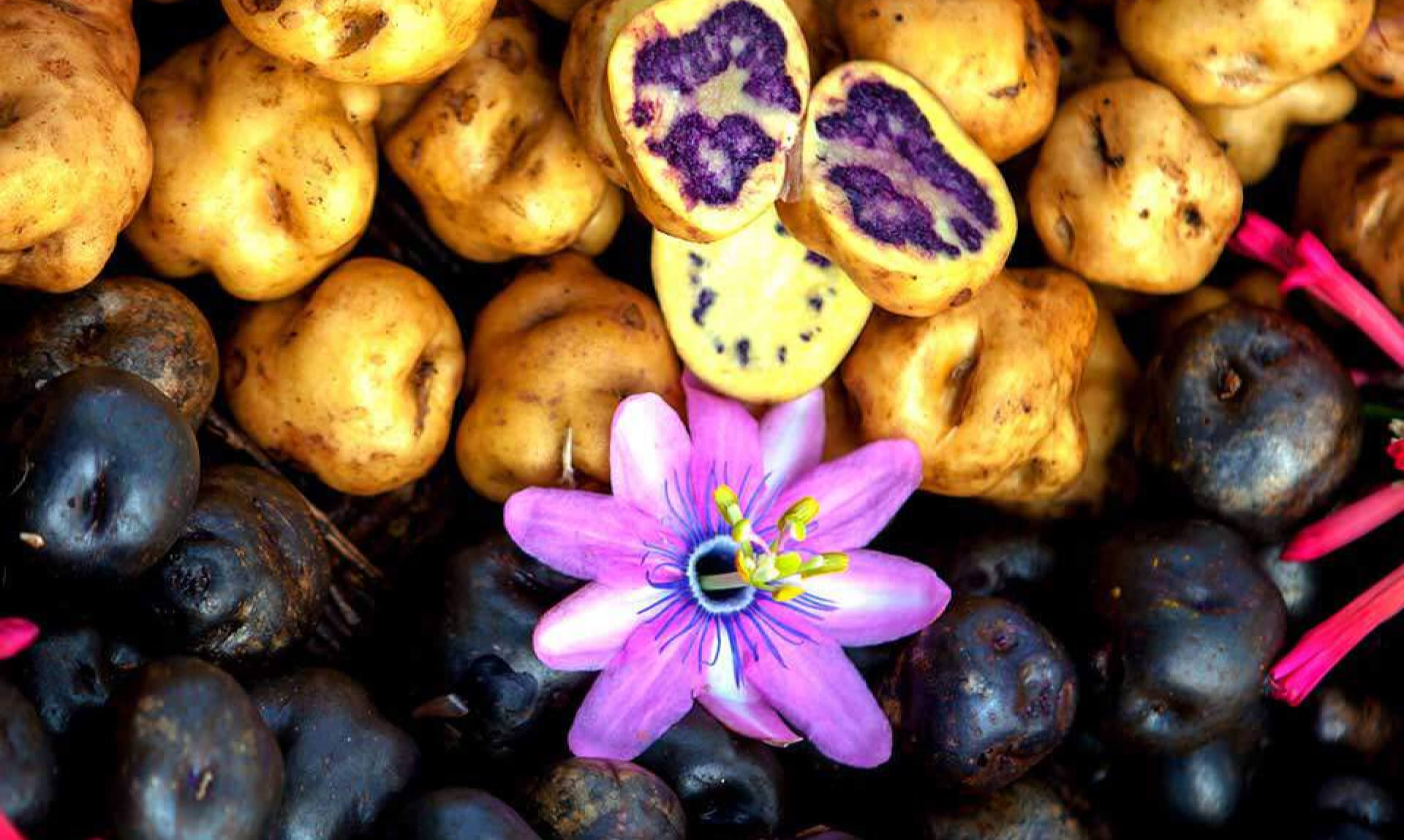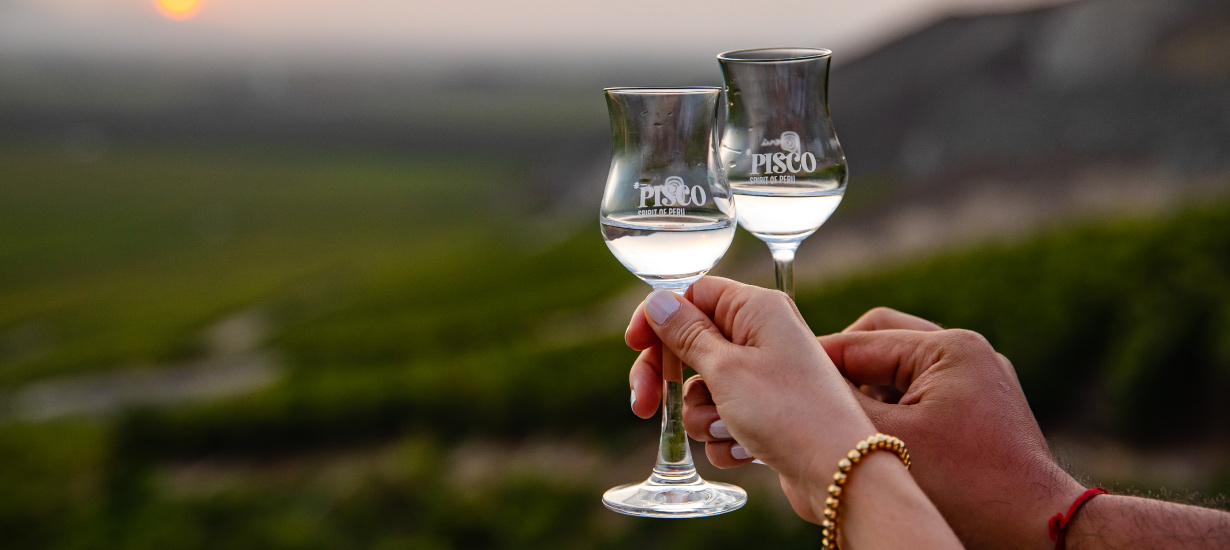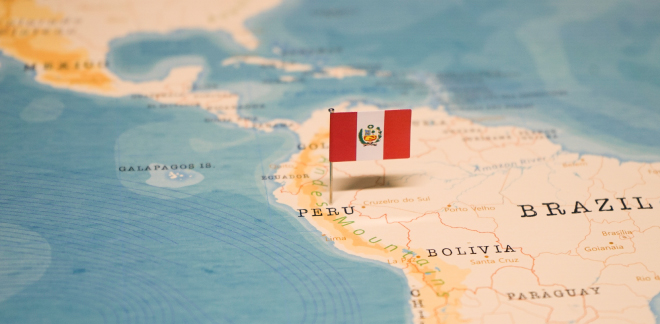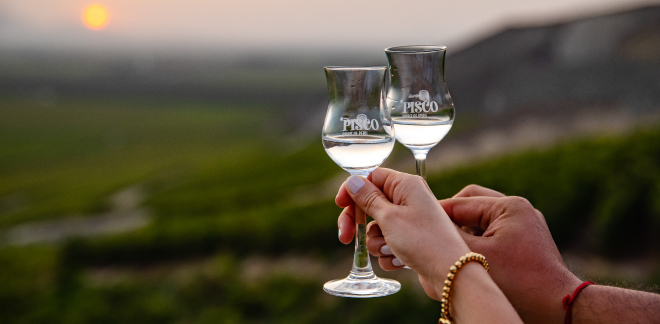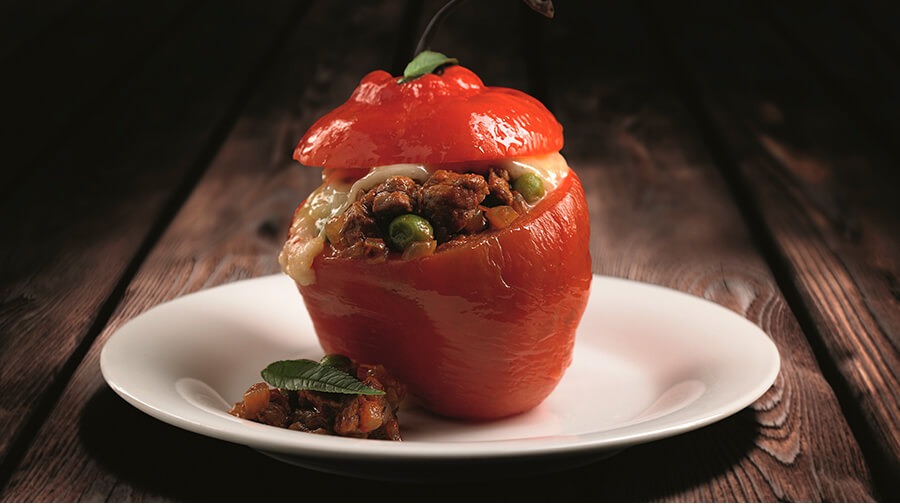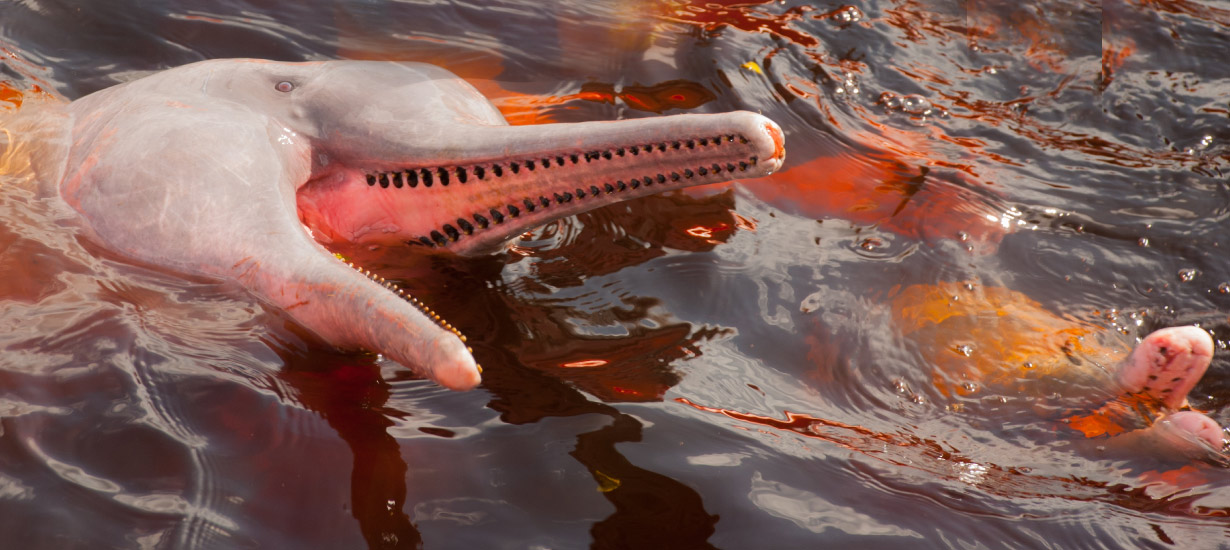National Pisco Day: Peru celebrates its iconic drink
Síguenos en:Google News
Pisco is considered a national symbol, with thousands of Peruvian producers involved in its production.
Pisco plays a central role in Peruvian culture and celebrations. Iconic cocktails like Pisco sour and Chilcano are essential to the country's gastronomy, enjoyed at numerous festivities and events. To honor this national symbol, the government has designated a special day on the calendar dedicated to celebrating and highlighting Pisco.
THE ORIGIN
National Pisco Day not only underscores the significance of Peru's identity but also pays homage to its deep-rooted history and tradition. In Peru, this special day falls on the fourth Sunday of July every year. It was officially established in May 1999 by the Ministry of Production through a Ministerial Resolution.
Therefore, the establishment of this commemorative day for Pisco aimed primarily to promote the consumption and spread of the beverage, while emphasizing its cultural and economic significance for Peru.
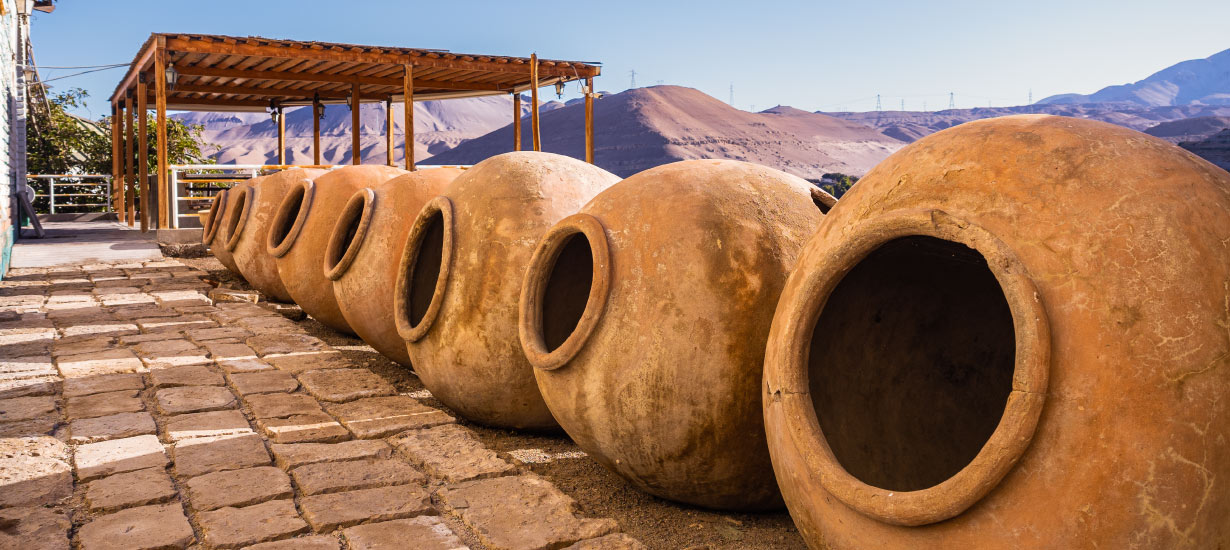 Photograph: Pioneros Cine / PROMPERU
Photograph: Pioneros Cine / PROMPERU
WHY ON JULY?
The choice of this date, the fourth Sunday of July is deliberate. July is the month when Peru celebrates its independence, particularly on the 28th, and National Pisco Day aligns with a series of national festivities that emphasize Peruvian pride and cultural identity.
On this day, various activities take place across the country, particularly in Lima and in the Pisco-producing regions like Ica and Arequipa. These activities include tastings, competitions, festivals, and exhibitions that celebrate the history and diversity of this Peruvian product.
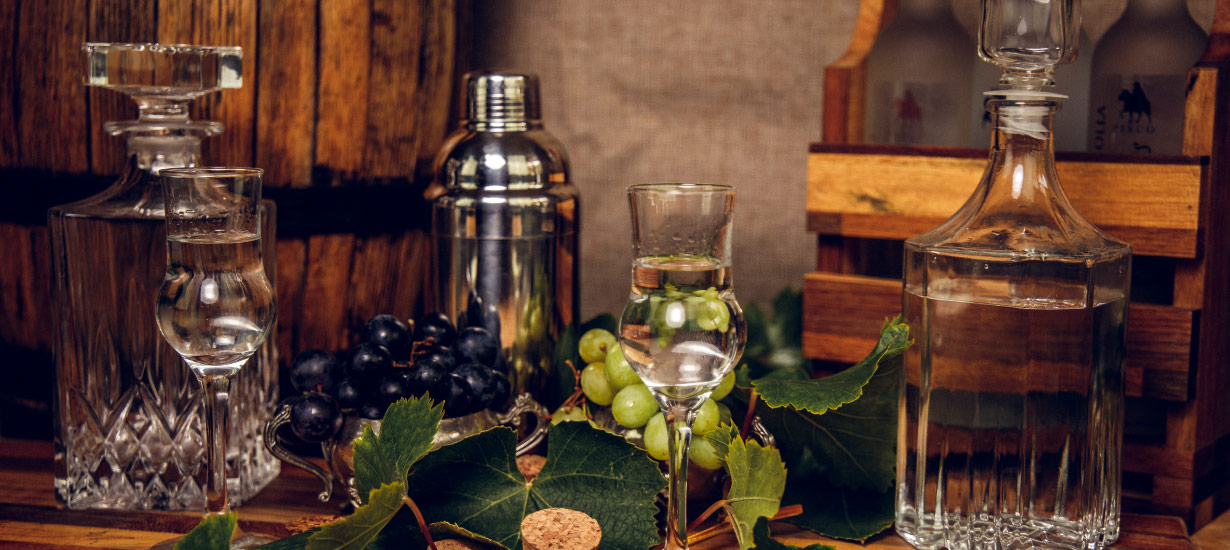 Photograph: Maritza Rodríguez
Photograph: Maritza Rodríguez
ALONG THE PISCO ROUTES
The Pisco Route offers an immersive experience for visitors to explore the iconic regions where this national drink is produced. The tours include visits to wineries and historic vineyards, where you can learn about both traditional and modern distillation techniques, participate in tastings, and enjoy local gastronomy.
Places like the Tacama winery in Ica, home to the oldest vineyard in South America, along with the Vista Alegre winery in the same region, and Hacienda del Abuelo y el Socabon in Arequipa, offer comprehensive tours. These tours cover everything from grape cultivation to the distillation process, providing visitors with a thorough understanding of this spirit.
In addition to tours of these wineries, the Pisco Route offers enriching activities such as cocktail workshops, gastronomic pairings, and guided vineyard tours. This allows visitors to appreciate the stunning natural beauty of the production regions, which feature diverse landscapes including deserts, valleys, and mountains.
The Pisco Route not only celebrates the quality and diversity of this drink but also emphasizes its cultural and economic significance to Peru, turning each visit into a celebration of Peruvian heritage and identity.
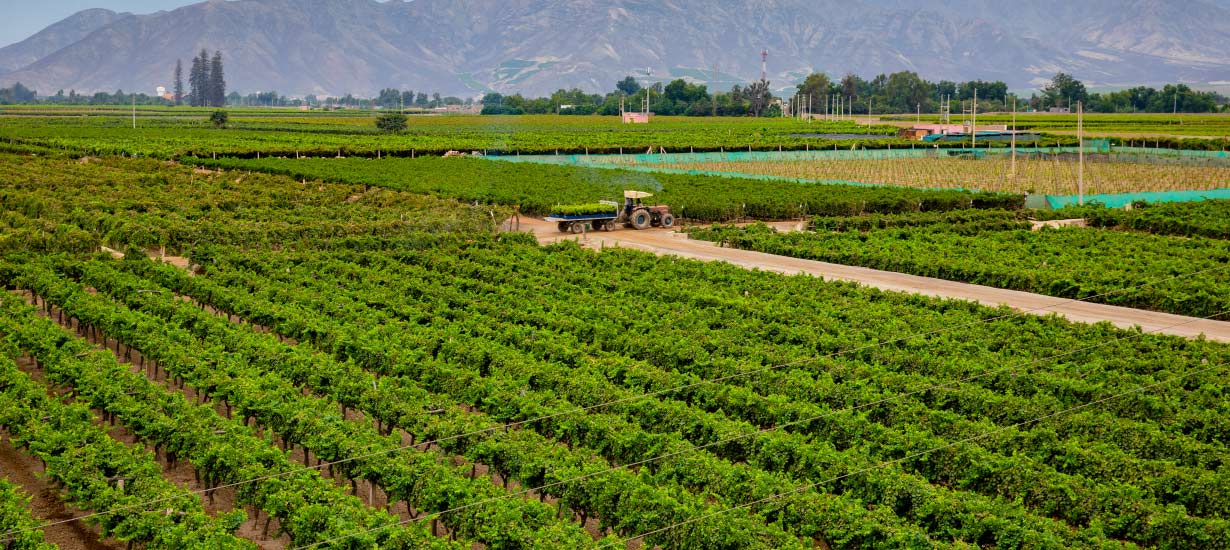 Photograph: Karina Mendoza
Photograph: Karina Mendoza
PISCO CON P DE PATRIA (Pisco with P of Peru)
By establishing a dedicated day for Pisco, the Peruvian government and other institutions aim to raise public awareness about the quality and diversity of this significant product. They also strive to bolster the industry and enhance its global recognition. In this regard, Pisco Day festivities celebrate Peruvian culture and heritage, drawing tourists and fostering national pride.
Pisco is far more than just a distilled drink; it is the essence of Peruvian identity and cultural heritage. Officially recognized as the Cultural Heritage of the Nation in April 1988, this drink embodies the history, tradition, and art of an entire country.
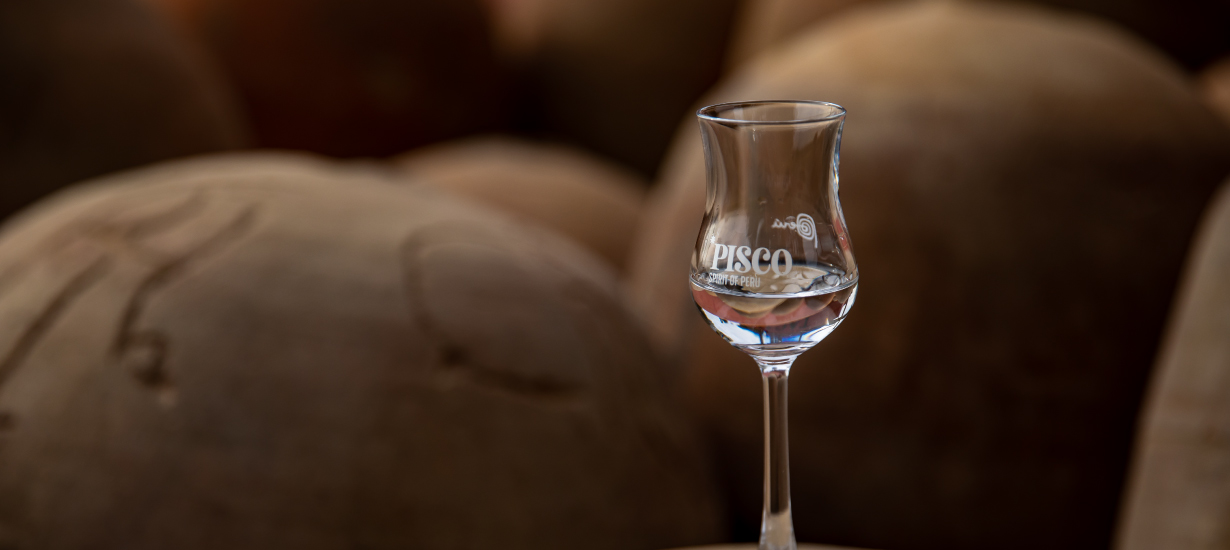 Photograph: Karina Mendoza
Photograph: Karina Mendoza

